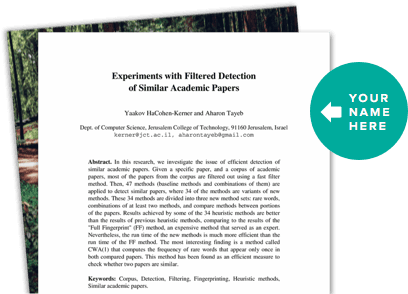About This Project
Removal of mold, such as Penicillium commune, from cheese is a very laborious and expensive process. Our goal is to engineer L. lactis, a commonly used bacteria in cheese making, to express antifungal agents that inhibit mold growth. We aim to develop a low cost solution that reduces food waste and allows for a safer and easier production of soft cheeses.
Ask the Scientists
Join The DiscussionWhat is the context of this research?
L. lactis is a common bacteria found in cheese production as it rapidly produces lactic acid, necessary to form curds. Meanwhile, Penicillium commune is a mycotoxin producing fungi that is considered a contaminant and causes discoloration and flavor defects in the cheese. Thus, it is of interest to find alternative ways to remove this mold or prevent its growth beyond traditional methods. Currently, we are developing our own plasmid in L. lactis to produce antifungals capable of inhibiting and potentially killing Penicillium commune. Our hope is to design L. lactis in such a way that it can easily be grown under cheese making conditions, while producing antifungal agents to prevent mold growth as well as saving the time and money of the cheese producer.
What is the significance of this project?
When making cheese, mold must be moved daily which is both laborious and expensive. Mold growth also generates quite a bit of food waste as up to 1 inch of cheese must be cut off around the spore to confirm safety. Thus, our design would potentially limit these losses, and by showing that we can produce antifungals in L. lactis, this design can be used in other food industries or to inhibit other mold species.
What are the goals of the project?
Our overarching goal is to express antifungals inside L. lactis at concentrations high enough to inhibit mold growth. By the end of the current semester our goal is to finish designing the plasmids that contain our selected antifungals, as well as characterize growth and the induction through the production of GFP. We also aim to start designing protocols for assays this semester so that next semester we can start testing the efficacy of our design and see how we can improve the strain if we cannot efficiently inhibit growth. The hope is that over the next few semesters we can finalize these designs, and then start running the system in cheese making conditions to confirm that our L. lactis can kill mold and reduce food waste.
Budget
All funds will be used to help order sequences and reagents needed to conduct our experiments. Specifically, this would go towards buying media components ($250), our antifungal agents ($150), assay kits ($550), bacterial strains ($1000), and sequencing primers ($50). Thus, our goal is ($2000)!
Endorsed by
 Project Timeline
Project Timeline
Next semester, once we have this confirmation, we plan on improving our NICE expression system (native to L. lactis) and simultaneously add the antifungals so that within the next few weeks we can begin running assays to measure antifungal expression and MIC.
We will also ensure that the expression of our system is not leaky. We will investigate the secretion mechanism of our system, to ensure that the GFP and antifungals are being abundantly secreted outside of the cells.
Jan 16, 2024
Growing up a positive control plasmid in L. lactis, with GFP, and comparing the expression to that of our own plasmid, pBET2.
May 03, 2024
Optimizing plasmid to certify that our plasmid can produce comparable levels of GFP, as measured by a TECAN.
May 03, 2024
Project Launched
Meet the Team
iGEM at Berkeley
iGEM at Berkeley is UC Berkeley’s only hands-on genetic engineering club for undergraduates. Our mission is to provide undergraduates with the unique opportunity to perform original, student-led genetic engineering research projects. We are dedicated to nurturing technical expertise, fostering teamwork, and igniting a passion for synthetic biology research in every student. Most importantly, we’re committed to making synthetic biology accessible, welcoming students from all backgrounds and levels of research experience at Cal.
Lab Notes
Nothing posted yet.
Additional Information
Team page on iGEM at Berkeley website: https://igem.berkeley.edu/teams/cheese-engineering/
Link to Spring 2023 CUBS poster: https://drive.google.com/file/d/19VfJ7_VXF3idfp1OVNFcXfxxell7w2n_/view
Project Backers
- 1Backers
- 1%Funded
- $5Total Donations
- $5.00Average Donation


